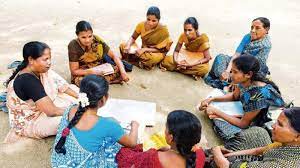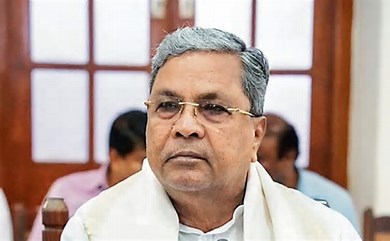
In a move that has marked a significant stride in the realm of women empowerment and youth skilling, more than 480,000 women in rural Uttar Pradesh have been successfully trained to test water quality, as part of an initiative spearheaded by the Jal Shakti Ministry. In addition, approximately 750,000 young individuals have been imparted skills training in areas such as plumbing, electrical work, and more, resulting in significant employment opportunities within their respective villages.
This initiative has equipped these women with field test kits (FTKs), enabling them to systematically assess water sources across different villages. A high-ranking official from the ministry, choosing to remain anonymous, hailed the efforts of these trained women, who are now going from village to village, ensuring water quality and, in turn, strengthening the health of their communities by keeping water-borne diseases at bay.
Beyond the training of these women, the initiative has also been instrumental in providing technical training to about 750,000 youth across the state’s villages. As a result, these young individuals are now qualified in diverse areas such as plumbing, electrical works, motor mechanics, fitting, and masonry. Subsequent to the completion of their training, they are being linked with local employment opportunities, particularly as local pump operators in the villages.
The initiative has made significant strides across the 75 districts of Uttar Pradesh. The highest numbers of trainings have been reported in Jaunpur, with 23,010 individuals trained, followed by Azamgarh (22,836), Sitapur (20,790), Prayagraj (20,007), Hardoi (16,944), Gorakhpur (16,882), Ghazipur (16,081), Bareilly (15,509), and Deoria (15,405), as per the official data accessed by PTI.
Moreover, over 37,500 individuals from the drought-prone Bundelkhand region, bordering northern Madhya Pradesh, have also benefited from the training initiative. Within Bundelkhand, the highest numbers of trainings have been conducted in Jalaun (7,488), followed by Jhansi (6,435), Banda (6,078), Lalitpur (5,371), Chitrakoot (4,307), Hamirpur (4,290), and Mahoba (3,549). As these trained individuals rise to the challenge of managing their village resources, they are also contributing to the overall health and development of their communities. This not only reflects the transformative potential of skill development initiatives, but also underscores the instrumental role rural women and youth can play in driving forward rural economies, community health, and overall societal progression.















